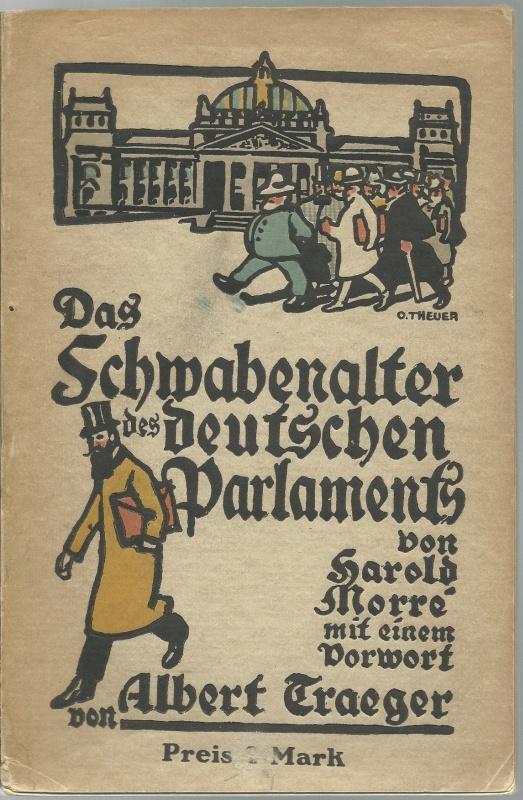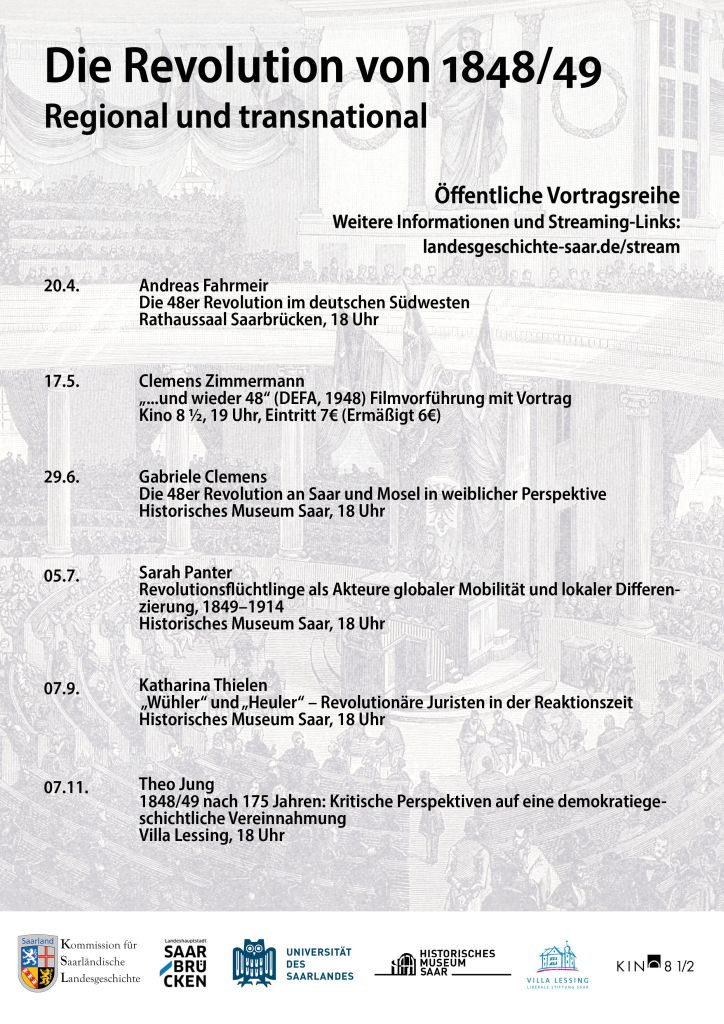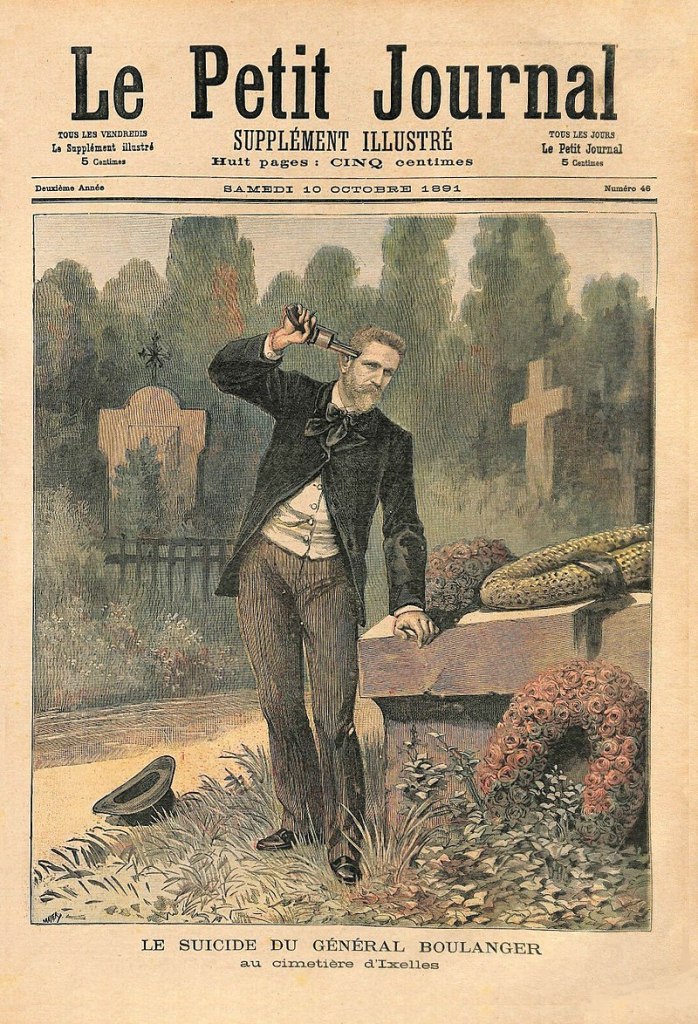Silence in Analogue and Digital Communication in Western Modernity. Interdisciplinary Perspectives on Its Variety and Change.
Interdisciplinary Conference, Martin Luther University of Halle-Wittenberg
Halle, Germany, 12-14 December 2024
This conference seeks to explore how changes in the conditions, means, and opportunities of communication in the Western world since 1800 have affected the perception and the evaluation of silence and concealment. Silence is understood broadly as the absence of communication where it could have been expected or relevant, and as encompassing forms of concealment. Our object of investigation is therefore not limited to synchronous oral communication, but includes a multitude of written, oral, and multimodal forms of analogue and digital communication in a broad spectrum of historical and societal contexts.
The relevance of silence as a phenomenon of communication and the changes affecting uses, function and evaluation become manifest in Western modernity in at least five ways:
First, silence is part of an evolving communicative landscape in the constitution of modern societies as literacy increases and mass media develop along with different modalities of mediated communication, digitisation and social media. In this context, increasing production of, and exposure to, communication has led both to rising expectations on communication and to disappointment when expected communication fails to occur.
Second, processes of democratisation have increased the demand for information and transparency and for the inclusive and active participation of citizens in political processes and discourse since the long 19th century. As the volume of public discourse grew and expectations of and demands on communication rose, silence came increasingly to be scandalised. Moreover, refusal to engage in communication and discourse can be criticised as forsaking one’s right of political participation. Even modern dictatorships have to acknowledge expectations of participation and develop processes of pseudo-consensual communication. In turn, refusal to engage can be seen as resistance.
Third, for people with diverse ethnic, ability, or gender backgrounds, the availability of forums for expression and resonance becomes crucial, as members of diverse groups work for inclusion and against silence in analogue and digital communication. However, the very same strategies are being used to increase the acceptance of anti-democratic, exclusionary agendas, alleging a left-liberal hegemony and accusing the mainstream media of stifling freedom of expression and restricting access to discourse for some segments of political opinion.
Fourth, together with increased opportunities of and demands on communication, hopes have risen that communication itself can help solve problems and alleviate conflict. Political dialogue and negotiations, conflict mediation and therapeutical talking cures are designed to avoid or overcome problems, while communicative reticence is seen as an obstacle to achieving this.
Fifth, since the second half of the 20th century especially, social and cultural liberalisation has brought the de-tabooisation of traumatic experience, mental health, bodily functions, gender and sexuality, illness and disability. It would be interesting to investigate how such changes are negotiated in debates about what can(not) be said and in attempts to (re)draw borders of possibility and acceptability.
Papers are invited addressing the themes sketched above (or potentially others) while looking into the uses, functions, perceptions, and evaluations of silence in analogue or digital communication with a view to historical change. Questions such as the following could be pursued:
- What are the functions of silence in different situational, institutional, and media contexts? How do such functions change before the background of various broader processes of social change?
- Which societal, political or other consequences arise from controversial debates about the meaning and legitimacy of silence?
- Which cultural values are associated with silence (and with communication as its implicit counterpart) in analogue and digital communication, and with what implications?
- In which contexts and at what times do expectations of and demands on communication raise and fall? What consequences does this have for the ways in which silence is evaluated?
- How do opportunities of communication and silence relate to societal diversity and inclusion and/or marginalization?
Conference languages will be German and English. Papers will last 20 minutes, followed by 10 minutes of discussion. Please submit an anonymised abstract of up to 500 words (excluding references) via email to silenceinhalle@mail.de by 30 June 2024. You will hear back from the organising committee by the end of July 2024. We are planning to publish selected contributions after the conference.
There will be no charge for registration. Support for travel and/or accommodation expenses may be available for early-career researchers without financial backup from an institution. If this applies to you, please contact us at silenceinhalle@mail.de.
Organising committee: Annamária Fábián (Bayreuth, Germany), Theo Jung (Halle, Germany), Torsten Leuschner (Ghent, Belgium), Armin Owzar (Paris, France), Melani Schroeter (Reading, UK), Igor Trost (Passau, Germany), Stefanie Ullmann (Cambridge, UK), Judith Visser (Bochum, Germany).




